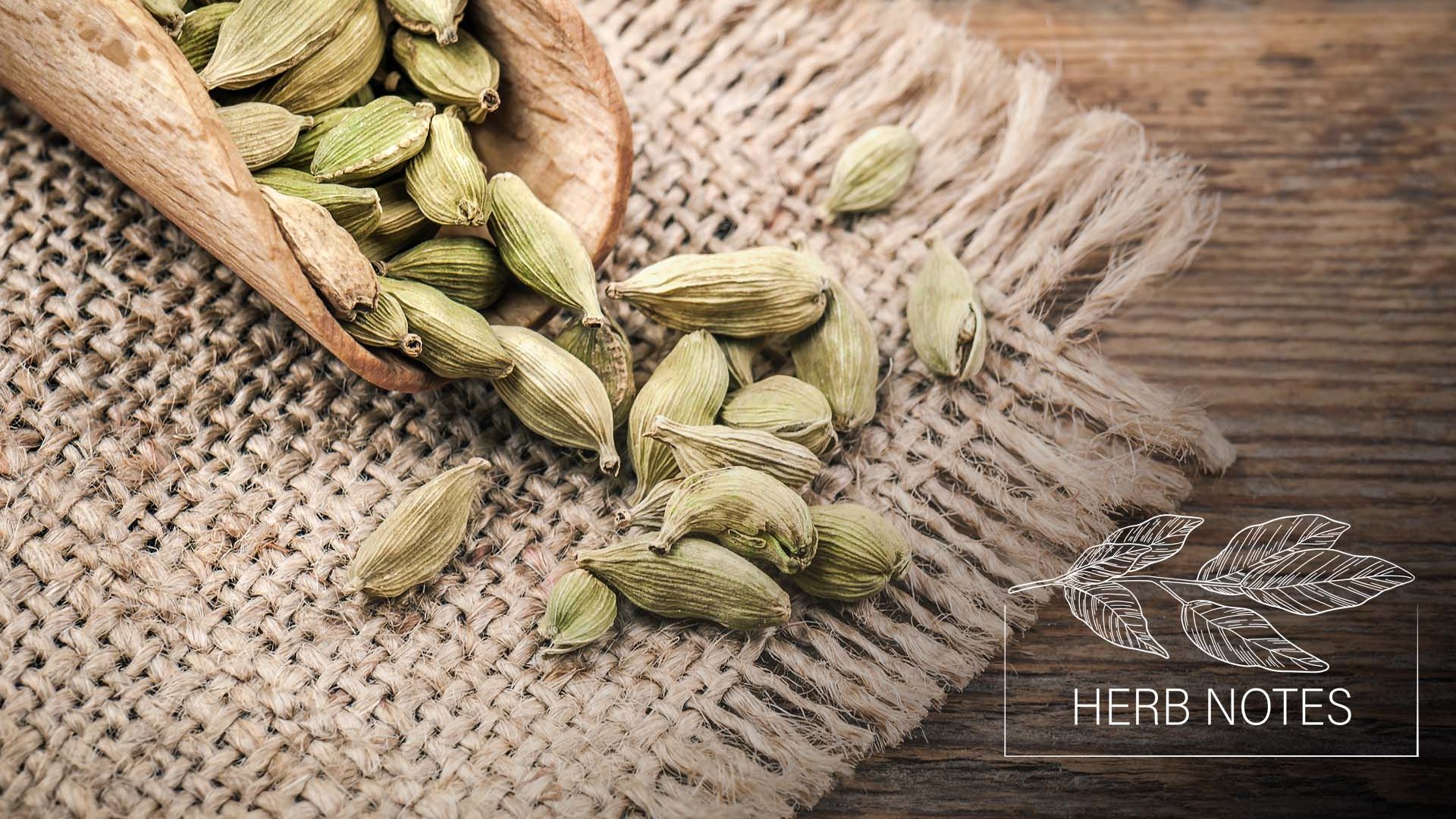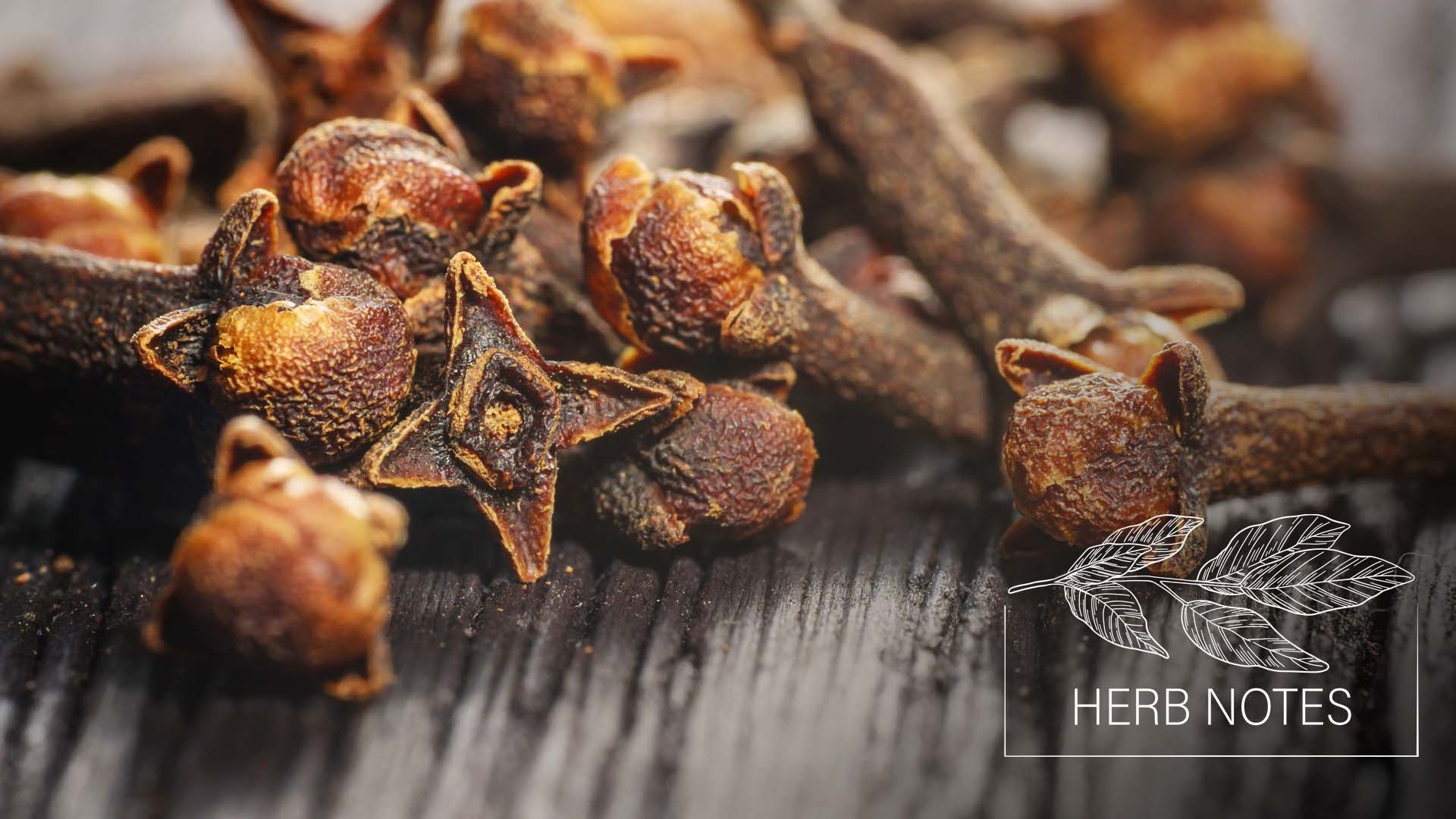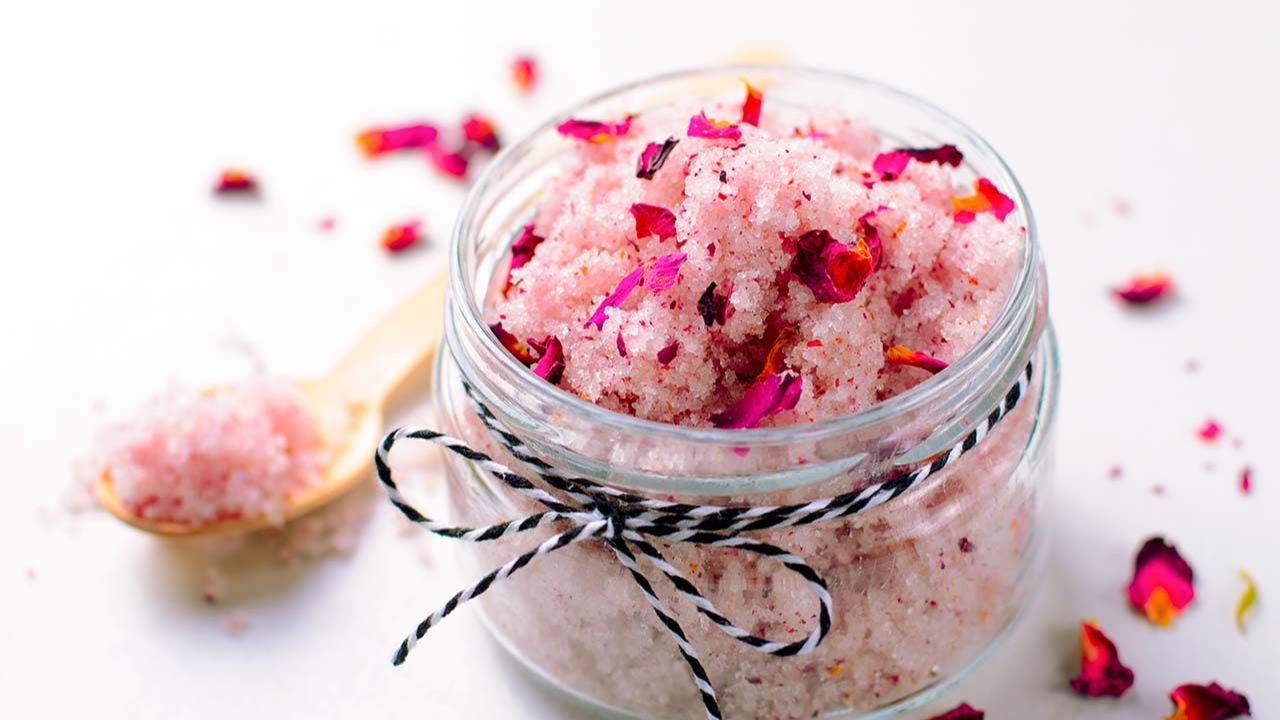
Fenugreek Uses and Plant Monograph
Fenugreek is a versatile herb that has been cultivated and utilized for thousands of years. It has a long and rich history of medicinal and culinary use, used as early as 4000 BC across various cultures but originates in the Mediterranean region.1 The ancient use of this herb served myriad purposes: ancient Egyptians used it for embalming;2 a recipe from first-century A.D. cites how the Romans flavored wine with fenugreek;3 and Greek physician Hippocrates used it as a tonic soothing herb.4 Today, it remains a popular remedy and food ingredient worldwide, particularly across South Asia, North Africa, and parts of the Middle East.
Fenugreek Uses and Plant Profile Summary
-
Botanical Name: fenugreek, Trigonella foenum-graecum
-
Other Common Names: bird’s foot, Greek hayseed, halba, methi
-
Family: Fabaceae
-
Parts Used: seeds, young leaves and stem
-
Energetics: warming
-
Taste: aromatic, bittersweet, nutty, maple-like
-
Plant Properties: androgenic, antidiabetic/hypoglycemic, anti-inflammatory, antimicrobial, cardiotonic, carminative, digestive, emmenagogue, expectorant, galactagogue
-
Plant Uses: breast milk production, diabetes, constipation, indigestion, irritable bowel syndrome (IBS), testosterone balance
-
Plant Preparations: tea, poultice, oil, food
Fenugreek for Breast Milk
When a lactating parent is breastfeeding, milk supply sometimes might decrease due to stress, fatigue, or a variety of other factors. Fenugreek is widely recognized for its galactagogue properties, meaning it can enhance milk production in those who are breastfeeding.
Many lactating parents who drink fenugreek tea have noted an increase in their milk supply even within a few days of use. The biochemical mechanisms underlying fenugreek’s galactagogue properties are not entirely understood, but they are believed to involve multiple pathways. Phytoestrogens in fenugreek mimic the activity of estrogen, a hormone integral to the development of mammary tissues and the regulation of milk production.5 Additionally, fenugreek seeds contain steroidal saponins, which may enhance prolactin release, the hormone directly responsible for stimulating milk synthesis in the mammary glands. The presence of these bioactive compounds suggests a multifaceted approach by which fenugreek enhances lactation, involving both hormonal regulation and direct stimulation of mammary gland function.6,7,8
Despite promising findings, the use of fenugreek as a galactagogue requires careful consideration of dosage and potential side effects. See the dosage and special considerations sections for additional details.
Some find that store-bought teas that include fenugreek that are marketed as “lactation-stimulating” may have additional herbs that impact the effectiveness of the fenugreek seeds, so it is important to review the full ingredients list before buying. In addition, some of these store-bought teas are sourced from companies who do not practice sustainable growing or packaging practices, including the use of pesticides and other chemicals on their fenugreek crop, which may impact desired results. Therefore, it is often recommended to use whole, organic fenugreek seeds sourced from a reliable farmer or herb market to make one’s own fenugreek remedies.
It is recommended to check-in with your primary doctor, OBGYN, and/or a certified lactation consultant if you are curious about integrating fenugreek into your regimen for breast milk production.

Fenugreek Tea
Fenugreek tea is steeped from the seeds of the fenugreek plant. As mentioned, it is commonly used to help increase milk production for breastfeeding, aid digestion, and alleviate constipation. In addition, tea is commonly used as a remedy to help regulate blood sugar levels, making it beneficial for people with diabetes.
Ingredients
- 1 teaspoon fenugreek seeds
- 2 cups of filtered water
- Raw local honey or lemon (optional)
Instructions
- Lightly crush the fenugreek seeds in a mortar and pestle.
- Boil 2 cups of water in a teapot. Alternatively, you can use a pot on the stove.
- Add the fenugreek seeds or leaves to the boiling water.
- Let the mixture simmer for 5–10 minutes.
- Strain the tea into a cup to remove any seeds.
- Add honey or lemon for flavor if desired, and enjoy the tea warm!

Fenugreek for Reproductive Health
Fenugreek reproductive health benefits are primarily attributed to its emmenagogue and androgenic properties.
Fenugreek’s emmenagogue properties refer to its ability to stimulate menstrual flow, making it a valuable herb in medicine for regulating menstrual cycles and alleviating menstrual discomfort. The seeds and leaves of fenugreek contain compounds such as diosgenin, a phytoestrogen that may influence hormonal balance and support reproductive health. Fenugreek has been observed to relieve symptoms of premenstrual syndrome (PMS) and dysmenorrhea (painful menstruation) by reducing inflammation and relaxing uterine muscles.9 Fenugreek is also a well-known oxytocic agent used to promote uterine contractions at delivery.10,11 Additionally, fenugreek has been used to ease symptoms associated with menopause, such as hot flashes and mood swings, by providing a natural source of estrogen-like activity.12 This makes fenugreek a powerful herb for managing female reproductive health through various life stages.
Fenugreek has also shown androgenic properties. Studies have shown that fenugreek supplementation can help boost testosterone levels, thereby enhancing libido, sexual function, and overall vitality. The presence of steroidal saponins in fenugreek, such as protodioscin, is believed to play a role in this effect by stimulating the production of testosterone. Furthermore, research suggests that fenugreek may improve sperm quality, notably sperm count and motility, which are critical for male fertility.13,14 These findings highlight fenugreek’s potential as a natural alternative to synthetic hormone supplements and its role in supporting men’s reproductive health.

Fenugreek as a Cardiotonic
Fenugreek is often recognized for its potential cardiotonic properties, which contribute to heart health and overall cardiovascular function. Research suggests that fenugreek, both the seeds and young leaves, may help lower cholesterol levels, particularly LDL (bad) cholesterol, and triglycerides, reducing the risk of heart disease. Its rich content of soluble fiber and antioxidants may also play a role in improving blood circulation and protecting the heart from oxidative stress.15,16
Additionally, fenugreek’s ability to help regulate blood sugar levels can indirectly benefit cardiovascular health, as managing blood sugar is crucial for preventing diabetes-related heart complications. The plant has recently garnered some attention for its potential hypoglycemic effects, making it beneficial for individuals with diabetes or impaired glucose metabolism. The soluble fiber and galactomannan compounds found in fenugreek seeds are thought to play a significant role in these effects by slowing down the absorption of glucose in the intestines and enhancing insulin secretion. This can help regulate blood sugar levels and improve insulin sensitivity, thereby contributing to better glycemic control.17

Fenugreek for the Gut
Fenugreek is very soothing for digestive health owing to its rich fiber content and moderate mucilaginous properties. Both the seeds and young leaves are beneficial in promoting gastrointestinal well-being through different mechanisms in the body. See the special considerations section for additional details on how fenugreek may interact with those who take prescription blood thinners and insulin.
The seeds are particularly effective in relieving constipation due to their high fiber content. The soluble fiber present in fenugreek forms a gel-like substance in the intestines, facilitating bowel movements and alleviating constipation discomfort. The seeds also possess anti-inflammatory properties that can aid symptoms of indigestion and heartburn. The mucilage content in fenugreek forms a protective layer over the gastric mucosa, shielding it from irritation and inflammation. This mucilaginous coating also aids in the digestion process by lubricating the gastrointestinal tract and facilitating the passage of food, which helps alleviate gas and bloating associated with indigestion, giving the plant carminative effects.18

Fenugreek as an Expectorant
Fenugreek is known for its ability to maintain healthy mucus levels, particularly in the lungs, by clearing congestion and acting as a natural throat cleanser and mucus solvent, which also helps to ease coughing. Drinking water infused with soaked fenugreek seeds aids in softening and dissolving accumulated cellular debris. Traditionally, fenugreek has been used to alleviate a wide range of respiratory and throat conditions, including colds, bronchial issues, influenza, asthma, sinusitis, pleurisy, pneumonia, and even more severe conditions like tuberculosis and emphysema.19

Fenugreek as Food
The seeds, leaves, and sprouts can all be used in cooking. Fenugreek seeds and leaves contain sotolone, a molecule that gives fenugreek a distinct, maple-like caramel aroma. Fenugreek is used as a dietary supplemen,20 as a tea, and is used to flavor imitation maple syrups.
Fenugreek is a staple in many culinary traditions, notably in South Asia, North Africa, and various parts of the Middle East.
Methi ko achar is a popular fenugreek pickle in Nepali cuisine. The preparation involves roasting fenugreek seeds and mixing them with green chiles and spices, resulting in a tangy and flavorful pickle that is commonly served with meals.
Methi chicken is a well-loved chicken curry in Pakistan that features fenugreek leaves. Both fresh and dried fenugreek leaves are added to the curry, giving a unique bittersweet flavor that significantly enhances the dish’s overall taste.
In Iranian cuisine, fenugreek leaves are called shambalileh. They are one of several greens blended into the herb stew ghormeh sabzi and the herb frittata kuku sabzi. The leaves are also featured in a soup known as eshkeneh, a Persian onion soup with egg and fenugreek.
In Armenian cuisine, fenugreek seed powder is used to make a paste that coats dried and cured beef to create a preparation called pastirma. Similarly, in Turkish cuisine, fenugreek seed powder, called çemen, is used to make a paste with paprika powder and garlic to cover the dried and cured beef.
In Egypt, fenugreek is used to make various beverages, and notably to flavor aish merahrah, a staple bread made by combining fenugreek seeds and maize.
With its soothing digestive properties, it is no wonder that the plant can be found in so many distinct food preparations from across the world.

Fenugreek for Skin Irritation
Applying fenugreek paste topically is advised for its soothing effects on skin irritations, wounds, and other topical inflammation.
Fenugreek Poultice
The paste’s high mucilage content provides a protective layer over the skin, promoting hydration and healing, while its anti-inflammatory properties help reduce swelling and redness. Moreover, fenugreek’s antimicrobial activity can aid in preventing infections in minor wounds and skin abrasions.
Ingredients
- 2 tablespoons fenugreek seeds
- Filtered or distilled water (as needed)
- Gauze or 8” x 8” cotton cloth (optional)
Instructions
- Place the fenugreek seeds in a bowl and cover them with water. Let them soak overnight or for at least 8 hours.
- After soaking, drain the water and transfer the seeds to a blender or grinder.
- Blend the seeds, adding a small amount of water as needed, until a smooth paste forms.
- Apply the paste directly to the affected area of the skin. Leave it on for 20–-30 minutes. Optionally, you can choose to secure the plant matter with gauze or a cotton cloth.
- Rinse the area with warm water. You can use this paste once or twice daily to soothe skin irritations, wounds, and inflammation.

Fenugreek for a Healthy Scalp
Using fenugreek oil for hair growth is recommended due to its ability to nourish the scalp, strengthen hair follicles, and potentially reduce hair loss. Fenugreek leaves contain vitamin C which benefits both skin and hair.
Sun-Infused Fenugreek Oil for Hair Growth
Fenugreek oil, rich in proteins and nicotinic acid, can enhance hair strength and promote new hair growth in part by improving blood circulation to the scalp. Additionally, its anti-inflammatory properties can help maintain a healthy scalp environment, essential for robust hair growth.
Ingredients
- ½ cup of fenugreek seeds
- 1 cup of grapeseed oil
- Sterilized glass canning jar with a lid
Instructions
- Lightly crush the fenugreek seeds in a mortar and pestle.
- Pour the fenugreek seeds into the sterilized canning jar.
- Pour the grapeseed oil over the fenugreek seeds, making sure they are completely submerged. Add more oil if necessary. Leave about ½” at the top of the jar to prevent overflow.
- Tightly seal the jar with the lid.
- Place the jar in a sunny spot and let it infuse for at least 2–-3 weeks. Shake the jar gently every day to mix the contents.
- When infused, strain the oil through a fine mesh sieve or cheesecloth to remove the seeds.
- Transfer the infused oil to a clean, dark bottle for storage. Do not let any outside moisture enter the jar as that can cause bacteria growth and the oil will spoil.
- To use, massage a small amount of oil into your scalp and hair. Leave it on for at least 30 minutes (or even overnight) before washing it out with shampoo.

Plant Preparations & Dosage Suggestions
Check with your doctor and/or a certified lactation consultant (if using fenugreek for breast milk production) or before taking any herbal remedy.
Consuming fenugreek tea regularly is recommended for its potential to improve digestion, reduce inflammation, and boost breast milk production. Herbal tea drinkers are recommended to steep 1 teaspoon of whole fenugreek seeds in a cup of boiling water for about 15 minutes and drink 2 or 3 times a day.
For capsules, a recommended dose is usually 2 to 3 capsules (580 to 610 milligrams per capsule) 3 or 4 times per day, but one should always check package instructions if using store-bought capsules.21
Botanically Speaking
Fenugreek is an annual legume that thrives in well-drained, fertile soil with plenty of sunlight. The plant itself can grow up to 60 cm (2 feet) tall. It can be grown from the seeds, which are sown directly into the soil after the last frost. The plant reaches maturity within about three to four months, producing small, green, oval-shaped leaves, small white yellowish flowers, and yellow-brown seed pods. Fenugreek leaves are small, typically 2-3 cm long, and their tiny flowers are about 1 cm in size. Harvesting occurs once the seed pods have dried and turned brown. At this point, the entire plant can be pulled up, and the seeds are then threshed and dried. Leaves and tender stems can be harvested earlier at their young stage and can be used fresh or dried.
As a legume, fenugreek has the ability to fix atmospheric nitrogen in the soil through a symbiotic relationship with Rhizobium bacteria in its root nodules. This process enriches the soil with nitrogen, reducing the need for synthetic fertilizers and improving soil fertility for subsequent crops.22

Special Considerations
- Fenugreek is safe in common food amounts. Its safety in larger doses is uncertain. Possible side effects include diarrhea, nausea, digestive symptoms, dizziness, and headaches.
- Fenugreek may lower blood sugar levels, so using it with diabetes medications may cause hypoglycemia.
- Fenugreek may also slow blood clotting, which could increase the risk of bruising and bleeding when taken with anticoagulants like prescription Warfarin.
- Some people may have allergic reactions to fenugreek.
- During pregnancy, fenugreek is unsafe in amounts greater than those in food. It is linked to increased birth defect risks in animals and humans. Using fenugreek during pregnancy also may act as a uterine stimulant, potentially triggering early contractions.23









